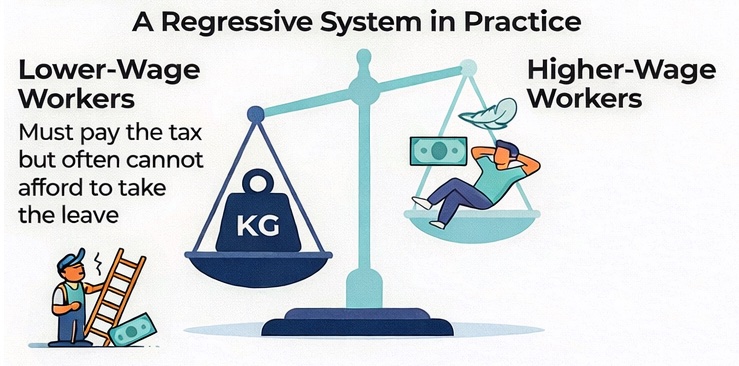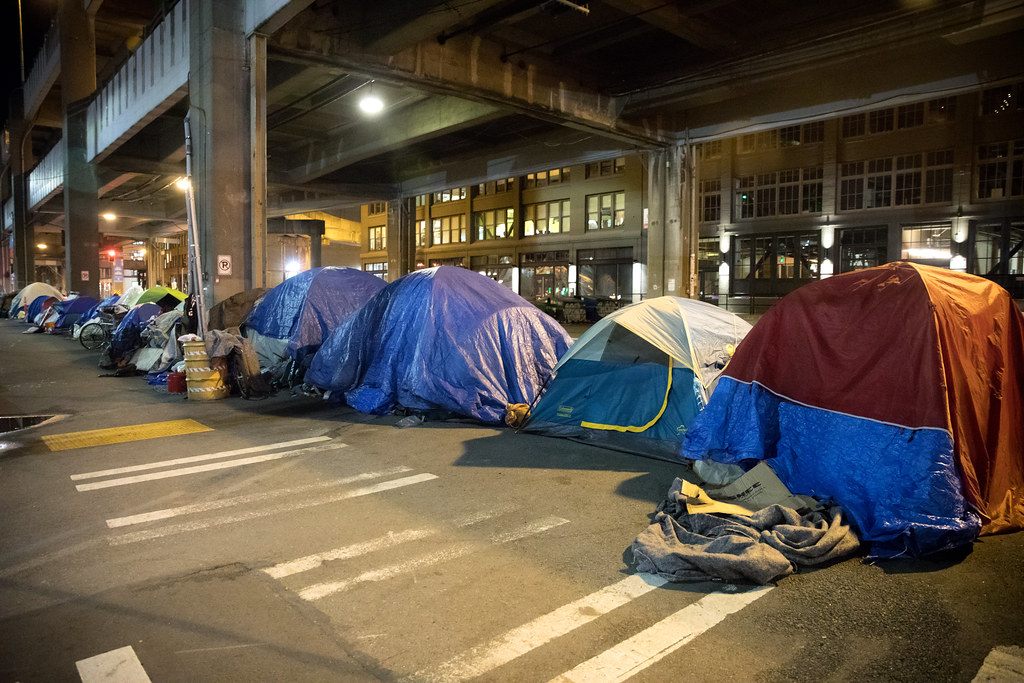Yesterday an article in the The Hill noted that Democrats in Congress are now pushing to increase the federal minimum wage to $12 per hour.
Since Washington state prides itself on being on the vanguard of the minimum wage movement (Washington’s minimum wage is the highest of any state in the nation, and two of our cities were the first in the nation to mandate a $15 minimum wage), WPC posted a tongue-in-cheek comment on Twitter jokingly asking “does this mean folks will push for a $20 minimum wage in WA?”
Apparently a $20 minimum wage is not a joke to at least one lawmaker. Representative Gael Tarleton of Seattle, who sponsored a bill mandating paid vacation leave for non-union employers, promptly responded with her own Twitter post:
$20/hr is $41,600/yr or about $3500/month before taxes. Why shouldn't people who work be able to earn living?”
In response to Rep. Tarleton’s question, here is one very good reason why forcing employers to pay an artificially high minimum wage—be it $15, $16 or $20 per hour—is a bad idea. Today a Seattle pizzeria announced it will close because of that city’s new $15 minimum wage mandate. In August, 12 employees of Z Pizza will lose their jobs.
The owner of Z Pizza said she doesn’t want to go out of business, but she simply can’t afford the city’s wage mandate:
I’ve let one person go since April 1, I’ve cut hours since April 1, I’ve taken them myself because I don’t pay myself. I’ve also raised my prices a little bit, there’s no other way to do it.”
Z Pizza is not the only Seattle business struggling to figure out how to remain profitable while being forced to pay a wage that is not supported by their business model or industry.
- Seattle manufacturer Cascade Designs recently announced it is moving 100 of its “less specialized” jobs to Nevada.
- Workers at Icon Grill in downtown Seattle will lose up to three weeks of paid vacation time to mitigate the increased labor costs of Seattle’s new $15 minimum wage.
- Ivar’s restaurant will increase menu prices 21%, part of which is a new service charge that will be passed to employees in lieu of traditional tips.
The fallout is not just limited to Seattle. Businesses and workers in other cities with newly increased minimum wages are suffering the unintended consequences of those wage mandates.
No one is against workers earning a living. But mandating a one-size-fits-all wage that is higher than businesses can afford comes with trade-offs.
The stories of Z Pizza, Cascade Designs and Icon Grill are the best response to calls for an increase in our state’s minimum wage. Let’s remember these businesses, and the workers who paid the price, when billionaire Nick Hanaeuer makes good on his threat to bankroll an initiative pushing for a ludicrously high $16 minimum wage in 2016.




